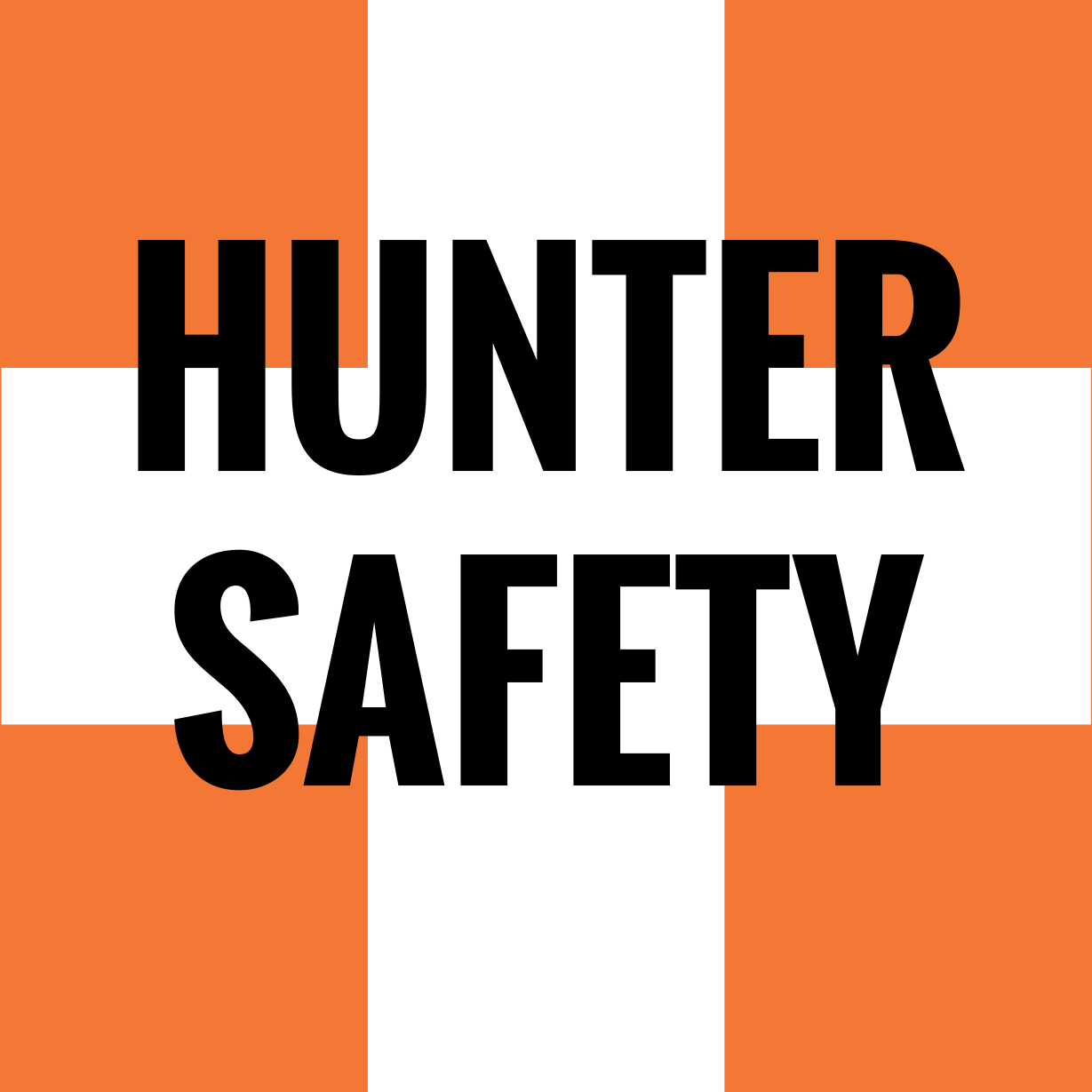
Hunting season is here. With the start of hunting season comes a lot of responsibility to be safe and avoid injuring yourself or others when you’re hunting. Safety tips can be generic and apply to all forms of hunting, but there are a few key notable tips for both deer hunting and waterfowl hunting.
Hunting Safety tips for waterfowl-hunting:
- Always bring with you a waterproof fire-starting kit in a pocket. If you get wet, being able to start a fire is very necessary for preventing hyperthermia.
- Be sure to have your boat, motor and trailer checked out before you go on your first hunting trip. Have a mechanic tell you everything is good and that all your batteries are fully charged.
- You should always wear a lifejacket or other form of personal floatation device when you’re out on the water.
- Always tell someone when you are going hunting and when you think you will be home.
- Be sure your boat, ATV or person is stocked with the following: survival rations, rope, flare gun, space blanket, hand axe, whistle, etc.
- Keep a compass on you in case you get lost.
- Don’t try to run a boat that’s too overloaded with waterfowl. Never go on a lake or river that’s too big or too choppy for your boat to handle.
- Treat every gun as if it’s loaded, even when you are absolutely certain the gun is not.
- Always check your gun muzzle for obstructions before you go hunting.
- Keep your cell phone in a waterproof plastic bag.
Hunting Safety tips for deer-hunting:
- Wear bright orange hunting gear. Not only is it safe, but it’s the law!
- Never pull the trigger unless you are 100 percent sure you are shooting at a deer.
- Always tell your friends and family the location of your hunt.
- Make sure the weather forecast is in your favor before heading out on your hunting trip.
- Try not to hunt alone. Bring a buddy.
- Don’t use other people’s tree stands. Use your own, and make sure it is installed properly and built safely before you try to stand on it.
- Always clean and maintain your hunting equipment, both before and after every hunt.
Hunting Safety tips for non-hunters:
So there are safety tips for hunters, but what about safety tips for outdoor enthusiasts who like to be outside while hunting is taking place? We’ve got you covered, too:
- Do your research on where and when hunting is happening, and plan your recreation activities accordingly.
- Wear bright clothing, even if you’re not hunting. This is to make yourself more visible. Wear bright, fluorescent red, orange or green. Avoid earth-toned and animal-colored clothing.
- Keep your pets in mind. Tie a brightly-colored fabric or bandana around your dog’s neck. You can even buy a hunter blaze orange dog vest from a number of sporting goods stores to make sure your pup is seen.
- Be loud! Whistle, sing or even talk aloud to yourself as you walk to let hunters know you are in the area.
- Be nice! Once you make your presence known to hunters, don’t disturb the wildlife around you. But if you do hear shooting, yell and let hunters around you know that you’re there.
